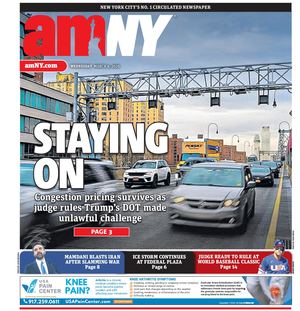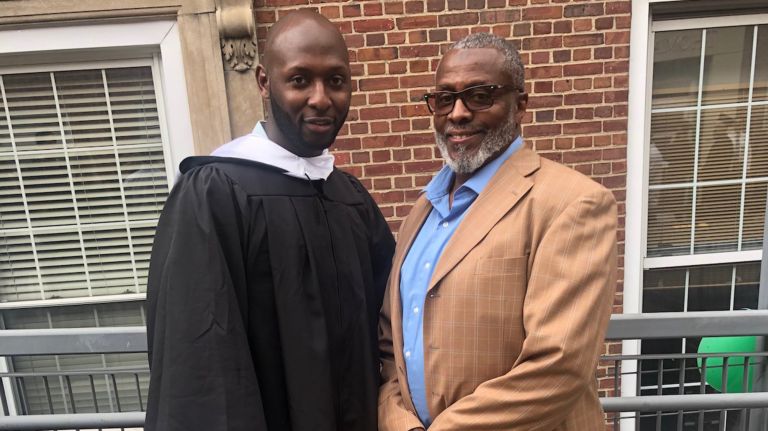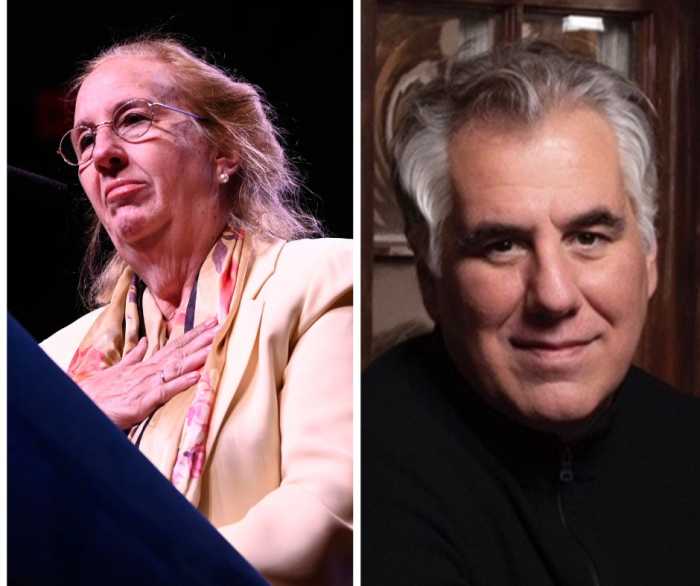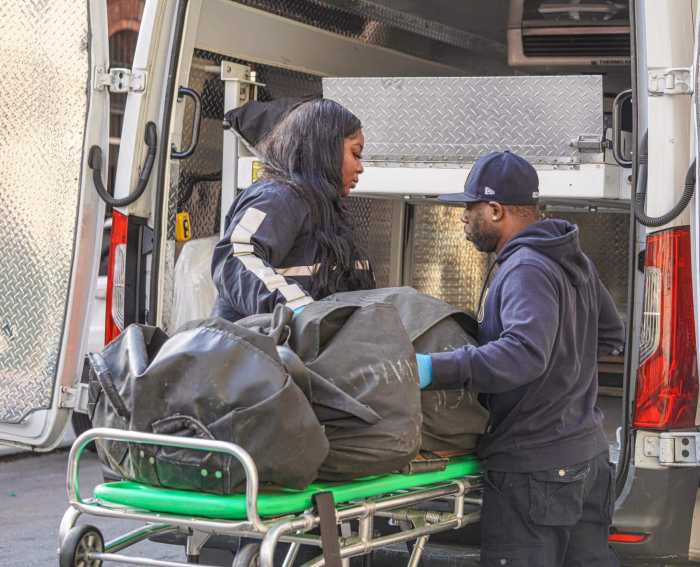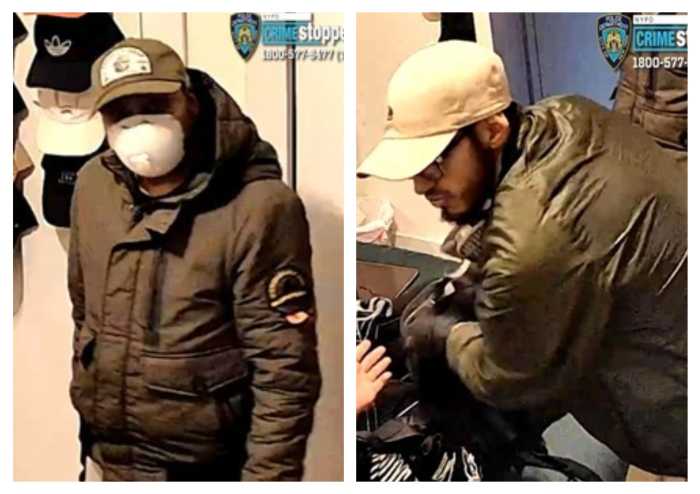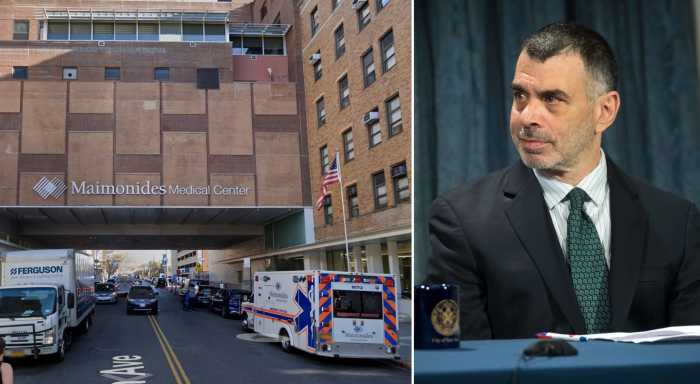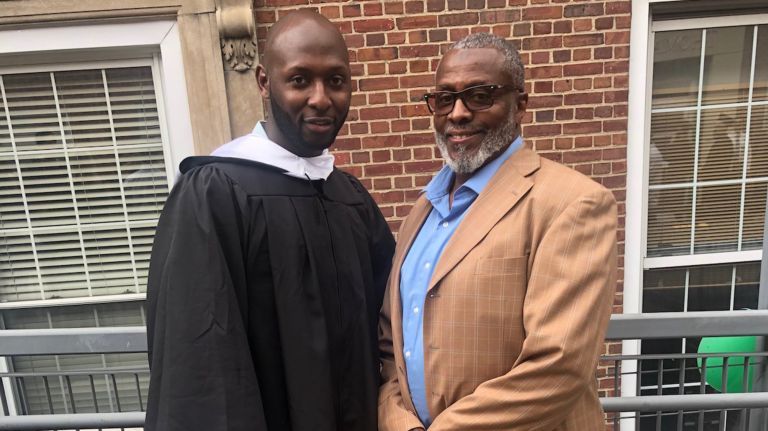
Even after years of hard work, Devon Greene still could not believe he made it to graduation day. Clad in cap and gown on Friday, the 28-year-old from the south Bronx received his communications degree from Manhattan College.
“I am still in disbelief,” he said. “Not because I suffer from impostor syndrome or feel unworthy, but because people coming from incarceration aren’t supposed to go on to obtain bachelor’s degrees.”
Greene has excelled beyond many of his peers who have gone through the criminal justice system.
Formerly incarcerated people in the United States are eight times less likely to obtain a college degree than the general public, according to a report released in October by the nonprofit Prison Policy Initiative. Less than 4 percent of former inmates in 2008 had a college degree, says the report, which lists a lack of in-prison university programs as a contributing factor to the staggeringly low number.
A scholarship program at Manhattan College gave Greene, who was 18 and just months away from graduating from high school when he was charged with assault, the tools he needed to turn his life around.
“While I was incarcerated it took a little self-reflection, observing those around me and the road they were heading down, in addition to reading and being an assistant to the imam that changed my mindset,” he said. “My mindset started to move away from becoming the toughest guy among my so-called group of friends to how can I redeem myself and contribute to society.”
Launched in 2012 by religious studies professor Andrew Skotnicki, the Engaging, Educating, Empowering Means Change course and scholarship program, or E3MC, pairs Manhattan College students with qualifying inmates at Rikers Island for a semester. A criminal justice activist and scholar, Skotnicki had long dreamed of being able to bring together teaching, scholarship and prisons.
“I pitched the program to Rikers and they fell in love with it. It was a no-brainer for the New York City Department of Correction,” he said.
The professor works with Rikers’ educational services department to identify qualifying inmates who have a GED or high school diploma and whose sentences line up with the semester. Just as important: an inmate’s motivation for further education.
During the pass-fail course, Manhattan College students are brought in to mentor the inmates.
“It’s really not just an educational service. It really is a psychological service to some degree,” Skotnicki said. “It’s unbelievable the amount of self-sabotage that goes on. So few of these youngsters believe they’re capable.”
An inmate who completes the pass-fail course satisfactorily can enroll in four classes as a non-matriculated student after release from jail.
“We give them every support in the world, as far as tutoring and writing,” Skotnicki added.
Those who pass the classes can apply for a scholarship to continue working toward a degree as a matriculated student. Greene applied to the E3MC program as soon as he learned about it – a decision that would put him on the difficult but rewarding path to graduation.
“The years obtaining my degree have not been easy, but as I realized when I was incarcerated … people will support you as long as you are showing initiative in changing your life,” he said, adding that Skotnicki has become a “mentor, life coach and ‘uncle’ figure.”
Women have participated in E3MC as well, with nearly 50 exiting Rikers and going on to take classes at Manhattan College. Greene, however, is the first person from the program to earn a degree. Skotnicki said he’s proud of Greene, who worked overnights while attending daytime classes.
“Devon is getting a college degree because he has the fundamental human goodness, compassion, intuitiveness and self-discipline to take a gift like we’re providing and use it,” Skotnicki said. “He is the reason that he’s getting the degree.”
So far, E3MC has completed 14 semesters at various jails on Rikers Island, and the program recently expanded to Westchester County Jail. Skotnicki credits Manhattan College president Brennan O’Donnell for giving the program – and Rikers inmates – a chance.
He hopes that a foundation will take interest in the program because its students need more hands-on support, which would require additional funding.
“The greatest thing that I’ve found that these youngsters need isn’t just social and psychological support. They need jobs and housing,” he said. “If you come out or you’re paroled and go into a shelter, it’s pretty difficult to study for your calculus exam.”
